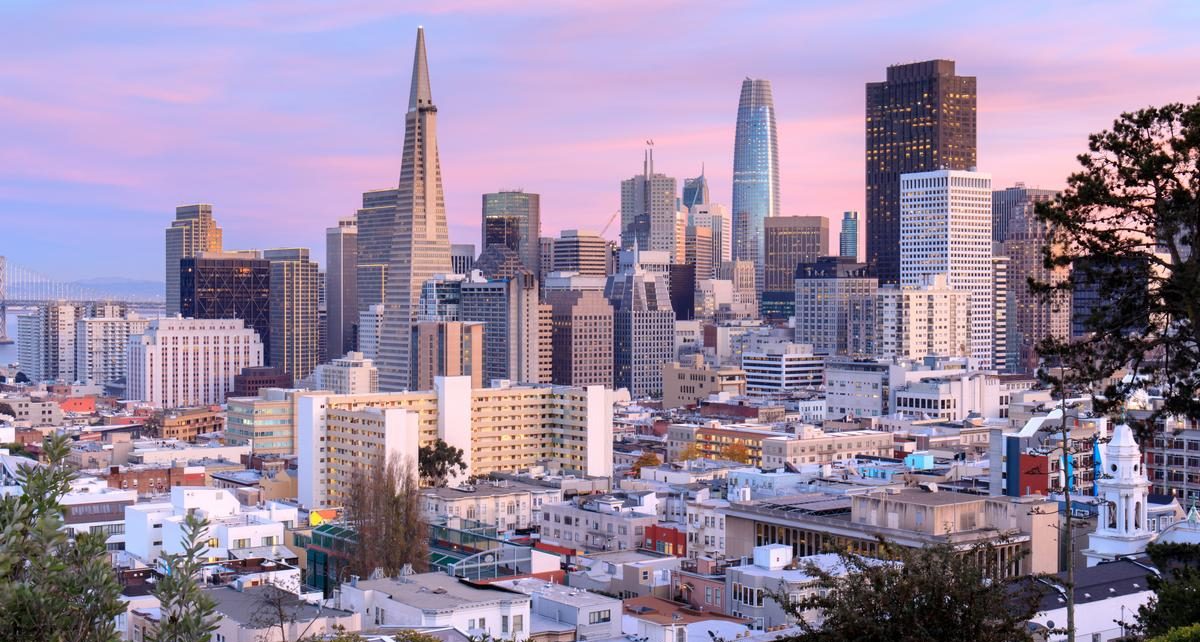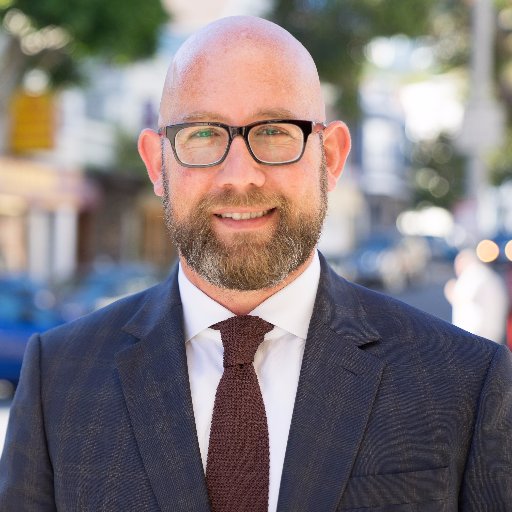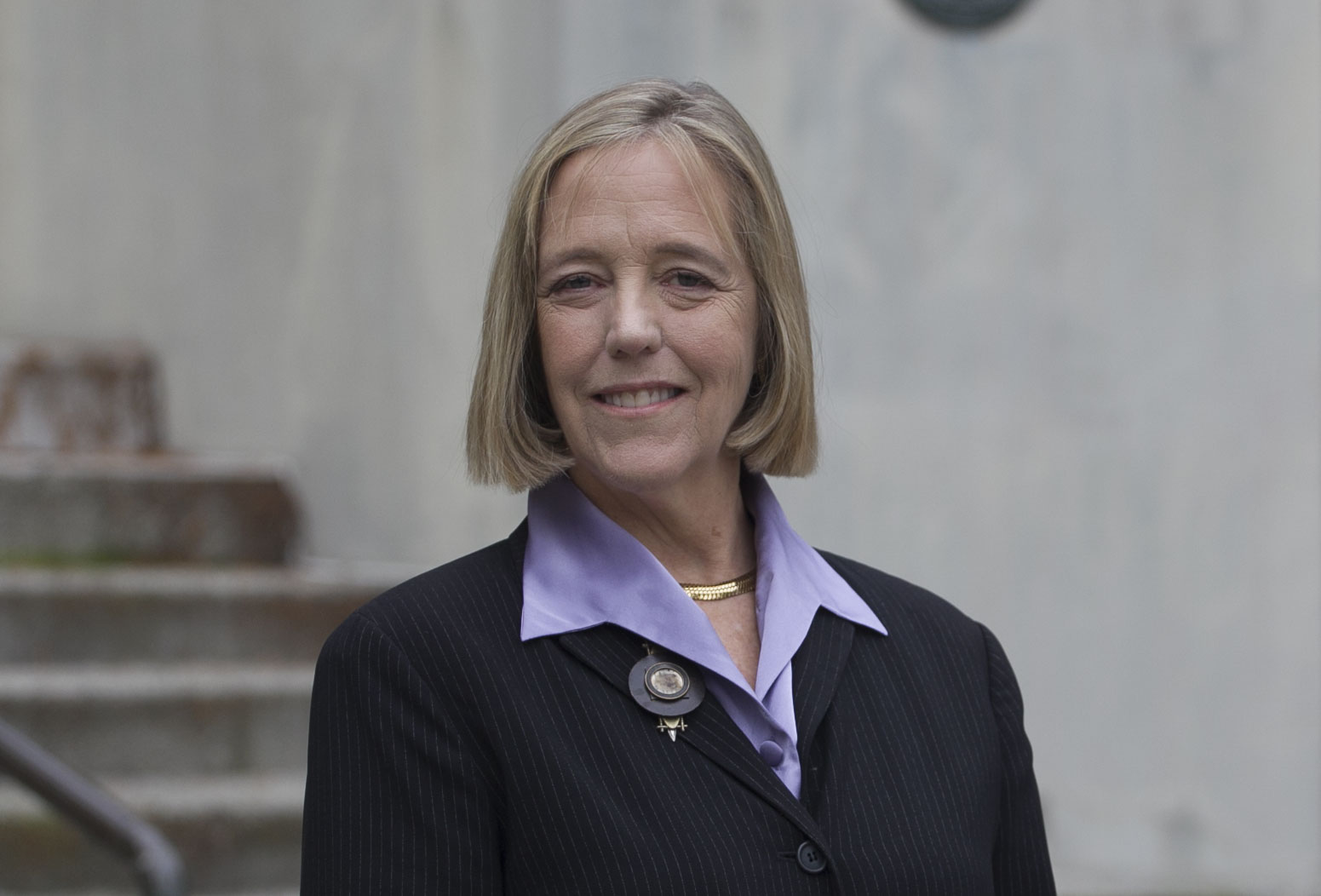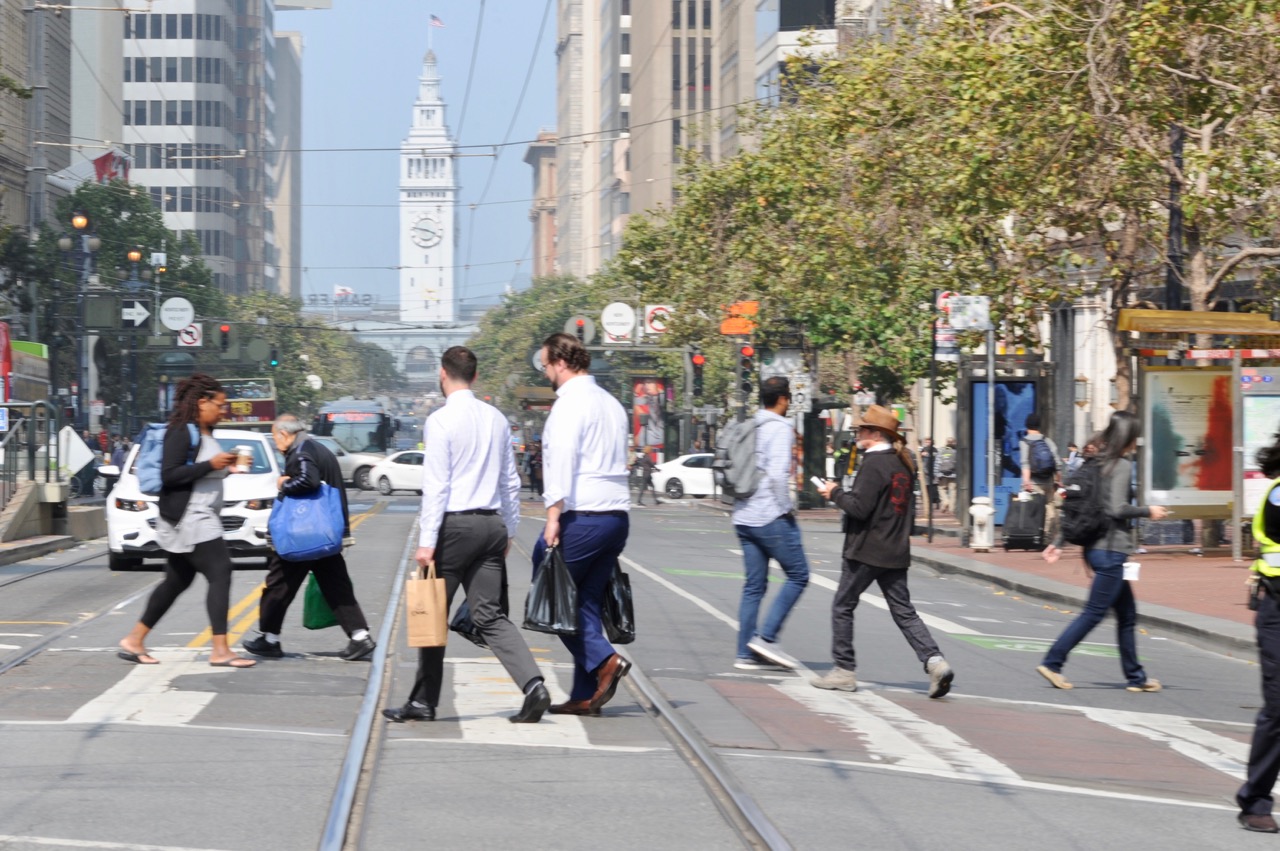
San Francisco Votes To Ban Natural Gas in Newer Buildings
Board of Supervisors votes unanimously for ban, joining a handful of other CA cities
By Evan Symon, November 12, 2020 4:42 pm
Earlier this week, the San Francisco Board of Supervisors voted to ban natural gas from all new buildings within the city, becoming the latest Californian city to enact such legislation in the last few years.

The ban ins scheduled to go into effect in June 2021 and will apply immediately to 54,000 homes and 32 million square feet of commercial space currently under development. Eleventh hour compromises made by the legislation author, Supervisor Rafael Mandelman, will let restaurants apply for 18 month exemption wavers to give them time to transition to electric and delayed enactment from January to June to give developers more time to plan and comply.
The main reason for the change, cited by Mandelman and supporters, is to fight climate change. According to climate data presented during Tuesday’s Supervisors vote, natural gas is responsible for 44% of of San Francisco’s overall emissions of greenhouse gases. For total building emissions, the rate shoots up to 80%. By converting to pure electric systems, the city has said that greenhouse emissions will be severely reduced in the coming years.
“Today San Francisco made an incremental but important move to help save our planet when the Board of Supervisors passed my legislation eliminating natural gas and requiring all-electric construction for new buildings, with limited exceptions for restaurants and technical reasons,” said Mandelman in a Twitter post celebrating the bill’s passage on Tuesday.
Today San Francisco made an incremental but important move to help save our planet when the Board of Supervisors passed my legislation eliminating natural gas and requiring all-electric construction for new buildings, with limited exceptions for restaurants and technical reasons.
— Rafael Mandelman (@RafaelMandelman) November 11, 2020
“Natural gas is the second largest source of greenhouse gas emissions in San Francisco and poses major health and safety risks. All-electric construction in new buildings is a critical step toward a safer, healthier San Francisco and planet for future generations.”
Besides the greenhouse gas issues, officials have touted the public, health, and safety benefits to the plan. Building safety will be increased due to less of a risk stemming from gas-related fires and explosions, and indoor air quality will improve, leading to healthier citizens.
“Safety is a factor,” earthquake safety consultant Lana Holmes told the Globe in an email. “If an earthquake hits San Francisco or another city that enacted these new gas bans, it will create much less of a fire risk for damaged buildings.”
Possible issues with the SF gas ban
However, the gas plan has also been met with criticism, with many noting that power grid issues and an increased need for electricity may lead to many issues in the coming years.
“All of that electricity has to come from somewhere,” explained Los Angeles utility engineer, and former San Francisco native, Kevin Mahoney, in a Globe interview. “The argument that the electricity is only going to hurt the environment even more by having that electricity come from oil and coal plants is seen by most as factually wrong now, but the argument that it could lead to a greater energy crunch isn’t.
“We’ve been getting rid of coal, oil, nuclear, and even gas plants in California for years now, and green sources like hydroelectric, wind, and solar have not kept up and they actually made recent blackouts in California worse than they had to be.
“So, along with neighboring cities like Berkeley and San Jose doing this, the area has seen more of a reliance on green energy when not enough plants are being built to replace the greater input and closures of plants that emitted more pollutants.
“Honestly, the city should have waited a few more years to make sure they had enough electricity to keep up with demand. If more blackouts happen, as is likely due to increased wildfire problems, then the Bay Area can be seeing worse electrical issues due to more of a reliance on electricity over gas like this.”
Restaurants are also largely against the new plan, similar to the recent Berkeley gas law, as it will greatly affect restaurants in terms of cooking times and flavor of some dishes.
San Francisco will now join many Californian cities in similar gas bans, including Berkeley, San Jose, Carlsbad, Mountain View, and Palo Alto, with many more expected to vote on the issue in the coming years. Possible legal challenges against the Board’s decision, similar to the legal challenges Berkeley faced last year, are likely.
- Bill to Require Law Enforcement Disclosure if AI Was Used To Help Write Reports - August 7, 2025
- Gov. Newsom Files FOIA Request To ‘Expose True Cost’ Of L.A. Federal Troop Deployment for Anti-ICE Riots - August 6, 2025
- California Redistricting: How Newsom’s Plan Will Demolish Hard Fought GOP Gains - August 6, 2025





For all the self-righteous talk of environmentalism and concern about health and safety, and blah, blah, blah, blah, blah, don’t forget that running all systems by electricity is much more expensive than gas, and most cities have a utility users’ tax on their energy bills, so this might actually be more of an attempt at a higher tax grab for the city coffers than any of the other, more “noble” goals.
Such good little virtue signalers…
Hey you effing brsin-dead liberals !!! HTH do you,think,your electrical generators run???
You haven’t built hydro since the Nixon Administration and now you’re shutting down natgas???
What will you power the electrical grid with, Fairy farts??? Gawd, you’re DUMB asses!!!
Happened here in my city also. Morons. Not even a microscopic change in CO2 worldwide (which concern is completely bogus). Natural gas is an efficient, cheap (thanks to frac’ing) heating fuel . So the demoncrats supposed concern for the little guy, the poor, are going to make them pony up $$ for expensive electricity. Pure, selfish, virtue signalling. When are the PEOPLE gonna wake up to these utopian, bogus scams? Answer, never. They’re mostly “sheeple”, brainwashed or “don’t give a sh…t. If they were REALLY concerned with CO2, they’d be advocating for more nuclear power. NOT.
Greens need to freeze in the dark until they get a clue.
Is this the reason PG&E is selling it’s SF Corporate HQ’s???
More ridiculous crap from the green energy idiots.